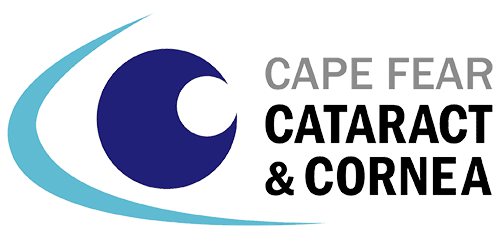By the time they are 65, more than 90 percent of Americans have developed cataracts. Deficits in the lens over the eye accumulate as humans age, clouding the vision.
Many risk factors contribute to the development of cataracts. Family history can be an indicator of early cataract development, as well as past eye injuries. Other risk factors include a history of smoking and alcoholism. But a major and extremely common contributor is radiation exposure, specifically UV radiation.
What Is UV Radiation?
UV radiation, also known as ultraviolet radiation, originates from the sun. There are some man-made sources of ultraviolet radiation, like tanning beds and industrial equipment. Most people are exposed to UV radiation from being outdoors during daytime hours without the appropriate protection.
How Does UV Radiation Affect the Eyes?
In the modern world, we are constantly exposed to strong light sources. This means that our eyes are subjected to a lot of ambient radiation. This exposure increases the risk of vision problems such as impaired vision or vision loss. People over the age of 40 are especially vulnerable to the risks of exposure to UV radiation.
How To Limit UV Exposure to the Eyes
Sunglasses limit the amount of UV light that can reach the eye. When selecting sunglasses to reduce the chance of early cataract development, look for those marked with ‘400’. Four hundred nanometers and below is the measurement of the wavelengths harmful to the lens, and thus capable of triggering eye damage.
Wraparound sunglasses are the most effective at reducing the chance of early cataract development and other precocious eye injuries. By fully encasing the eyes, no reflection of UV radiation can irritate the eye.
Do Sunglasses Help Existing Cataracts?
The only way to treat cataracts is through surgical intervention. However, sunglasses can help prevent existing damage to the lens of the eye from worsening. Just as a brace can prevent an injured limb from experiencing excessive stress, regular use of sunglasses can protect the eyes from a powerful source of irritation.
If cataracts are affecting your quality of life, call Cape Fear Catact and Cornea at 910-769-4590 to schedule a consultation.


